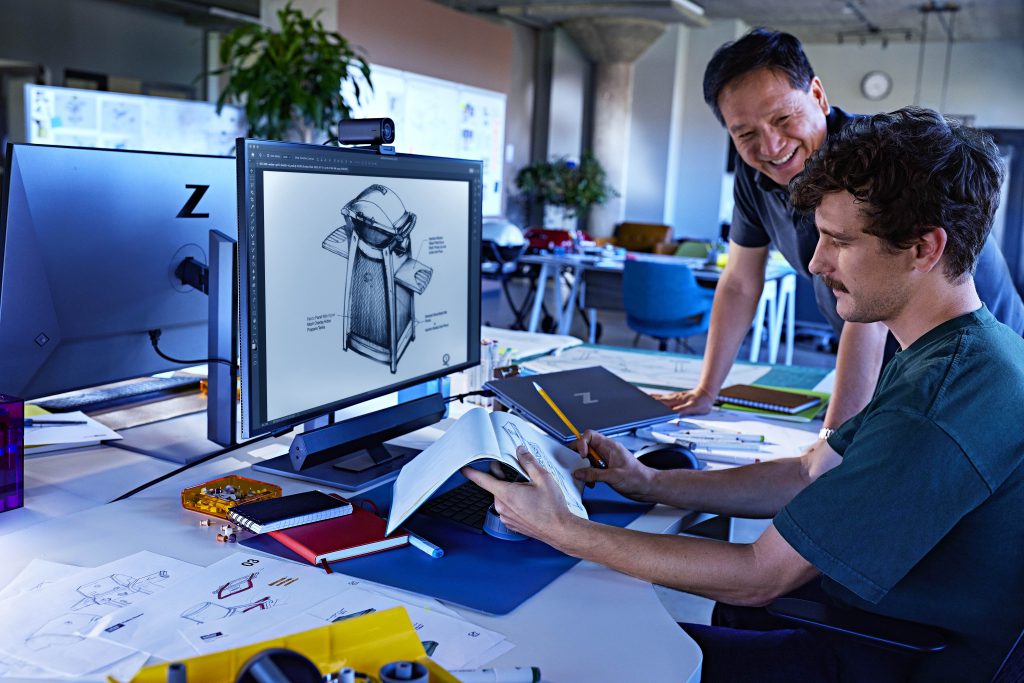
Cities, companies, and a growing number of consumers around the world are asking themselves the same question: What does our future look like as technology continues to be rapid transform the world?
The emergence of cloud and 5G, for example, exponentially increases compute power and network speeds that can enable greater innovation. Developments in the metaverse of augmented and virtual reality open the doors to virtual research and development via digital twins, and immersive learning. Advances in artificial intelligence (AI), machine learning, and software 2.0 (machine-written code) bring a range of new services and products, from autonomous vehicles to connected homes, well within reach.
At the center of all this transformation are those who will design and build this future—and the cutting-edge tech that enables them to do it.
For the Architecture, Engineering, Construction and Operations (AECO) industry, high-performance computing is where the future becomes the present. With design computing requirements growing by 45% per year, digital transformation presents new opportunities. And new demands. A powerful workstation is essential, now more than ever.
To connect on high-stakes projects with stakeholders all around the world. To design and collaborate on complex files on the go. To deploy digital twins and help customers conceptualize innovative ideas. To unlock options for sourcing materials, information, and talent. The right technology not only enables all of this. The right technology makes it all seamless.
That’s why when HP began developing the new Z by HP Fury G9, it was with the goal of creating a workstation that is as powerful as it is practical. For every business, especially those in the AECO market, technology must bridge the gap between mounting customer demand and the pressures to increase operational efficiency and agility.
For professionals with the HP ZBook Fury G9 workstation, that means the power to be more productive and creative than ever. Supported by 128 GB RAMECC memory, work happens faster, graphics-heavy renderings load quickly, and advanced multi-app workflows run reliably. Thanks to the latest Intel® Core™ CPU and NVIDIA® professional GPUs, modelling, deep learning, 3D animation and more is optimized. And every project comes to life more vividly on an HP DreamColor display with a 16:10 aspect ratio and richer depth of color.

All that power is merged with the practicality every professional. A desktop experience streamlined into a lightweight notebook that goes wherever the work leads. That means longer battery life, optional touch-screen capabilities, and the flexibility to upgrade components of the device as needs evolve. It also means more options to customize the machine for individual needs and preferences—ranging from hard drive space to keyboard colors.
Few industries sit at the threshold of digital transformation as much as architects, engineers, and construction specialists. They are reimagining the environments where we live and work. The ability to realize tomorrow’s tech-centric world requires the right technology today.